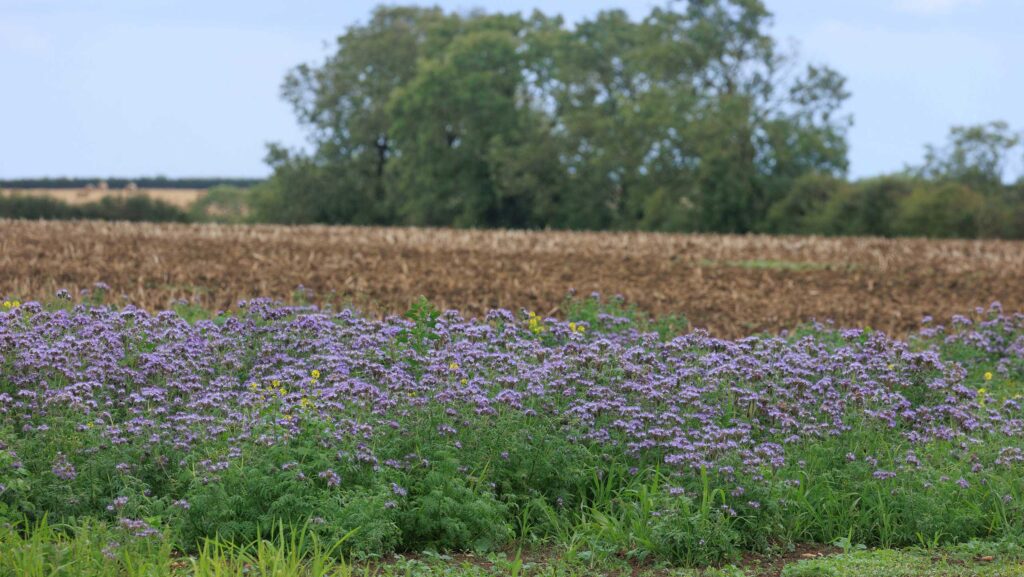Changes introduced to Scottish ‘greening’ rules for 2026
 © Tim Scrivener
© Tim Scrivener The Scottish government has provided details of new “enhanced greening” rules to apply from January 2026 as part of its Agricultural Reform Programme, giving farmers more time to prepare for the changes ahead.
While “greening” will still make up about 30% of the full Basic Payment in 2026, some existing exemptions will be removed for next year and further changes made, increasing the number of farmers who will have to meet the higher environmental conditions and the area covered.
See also: Questions over Scotland’s future farm support persist
For example, the exemption for farmers who have more than 75% temporary grassland on arable land from having to establish and manage an Ecological Focus Area (EFA) is to be removed.
Another change means that the minimum field margin within an EFA will increase from 1m to 3m, to increase the biodiversity benefits.
The number of crop types that can be undersown with catch crops in an EFA is also being expanded to include oilseed rape and maize, not just cereals.
And the number of species that can be grown in a cover crop mix will increase.
Full details of all the changes are available in the greening guidance on the Scottish government website, and a Q&A-style letter is being sent to all existing Basic Payment Scheme claimants.
Clarity
The notification of impending changes has been welcomed by landowner body, Scottish Land and Estates.
Senior agricultural policy adviser Eleanor Kay said: “We’re pleased that farmers now have clarity on what they will need to do for next year’s greening payments as we transition to the full implementation of the tier system.
“While the removal of previous exemptions will bring more holdings and land area into greening eligibility – requiring some farmers to make changes to their plans – it also provides a clear direction of travel for this policy.
“That will help farmers plan for 2026 and gives a strong indication of where things will be from 2027.”
While inspections will be applied to ensure compliance, the scheme aims to reward practices that actively contribute to climate and environmental goals.
